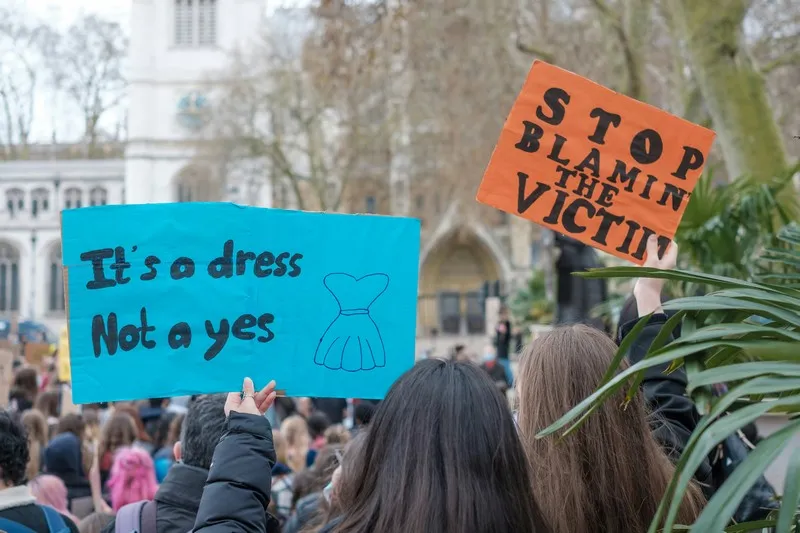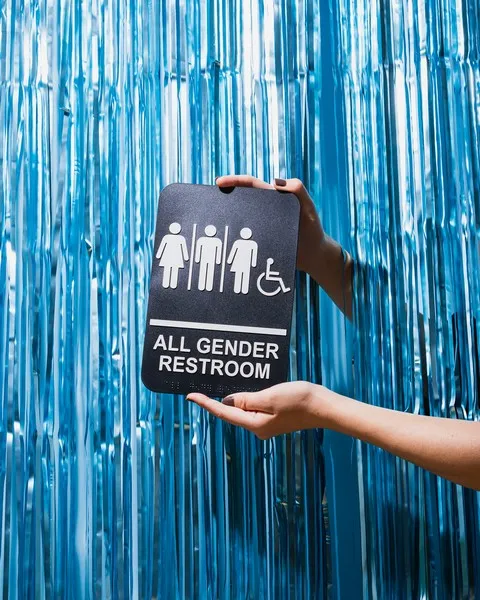Misogyny, defined as the deep-seated hatred, dislike, or prejudice against women, has far-reaching consequences that extend beyond the realms of social and political inequality. It also has significant psychological effects on both individual women and society as a whole. In this article, we will outline and explain the psychological impact of misogyny.
1. Low Self-Esteem and Self-Worth
One of the most prominent psychological effects of misogyny is the erosion of self-esteem and self-worth in women. Constant exposure to derogatory comments, objectification, and belittlement can lead to internalized misogyny, where women start to believe the negative stereotypes and view themselves as inferior. This can have a detrimental impact on their overall mental well-being.
2. Body Image Issues
Misogyny often perpetuates unrealistic and harmful beauty standards, which can contribute to body image issues among women. The constant pressure to conform to narrow ideals of beauty can lead to feelings of inadequacy, self-consciousness, and even eating disorders. Women may develop a distorted perception of their bodies, constantly striving for an unattainable and unhealthy image.
3. Anxiety and Depression
The psychological effects of misogyny can also manifest as anxiety and depression. Constant exposure to sexism, discrimination, and gender-based violence can create a hostile environment that breeds fear and distress. Women may experience heightened levels of stress, anxiety, and even develop depressive symptoms as a result of living in a society that devalues their worth.
4. Impacted Relationships
Misogyny can negatively impact both personal and professional relationships. Women who have experienced misogyny may struggle to trust others, have difficulties forming intimate relationships, and may even isolate themselves to avoid further harm. Additionally, the psychological toll of misogyny can affect women’s ability to thrive in the workplace, leading to decreased job satisfaction and limited career opportunities.
5. Internalized Misogyny
Internalized misogyny refers to the subconscious acceptance and reinforcement of sexist attitudes and beliefs by women themselves. This internalization can create a vicious cycle where women unknowingly perpetuate harmful stereotypes and discrimination against their own gender. Internalized misogyny can hinder women’s empowerment, limit their potential, and perpetuate gender inequality.
6. Impact on Mental Health Professionals
Misogyny not only affects women directly but also poses challenges for mental health professionals. Therapists and counselors need to be aware of the psychological effects of misogyny in order to provide appropriate support and guidance to their clients. Understanding the root causes and dynamics of misogyny can help mental health professionals address the unique challenges faced by women in their therapeutic interventions.
Conclusion
Misogyny has profound psychological effects on women, impacting their self-esteem, body image, mental health, relationships, and overall well-being. It is crucial to recognize and address the psychological consequences of misogyny in order to create a more equitable and inclusive society. By challenging and dismantling the underlying beliefs and attitudes that perpetuate misogyny, we can pave the way for a future where women can thrive free from the psychological burdens imposed by gender-based discrimination.





